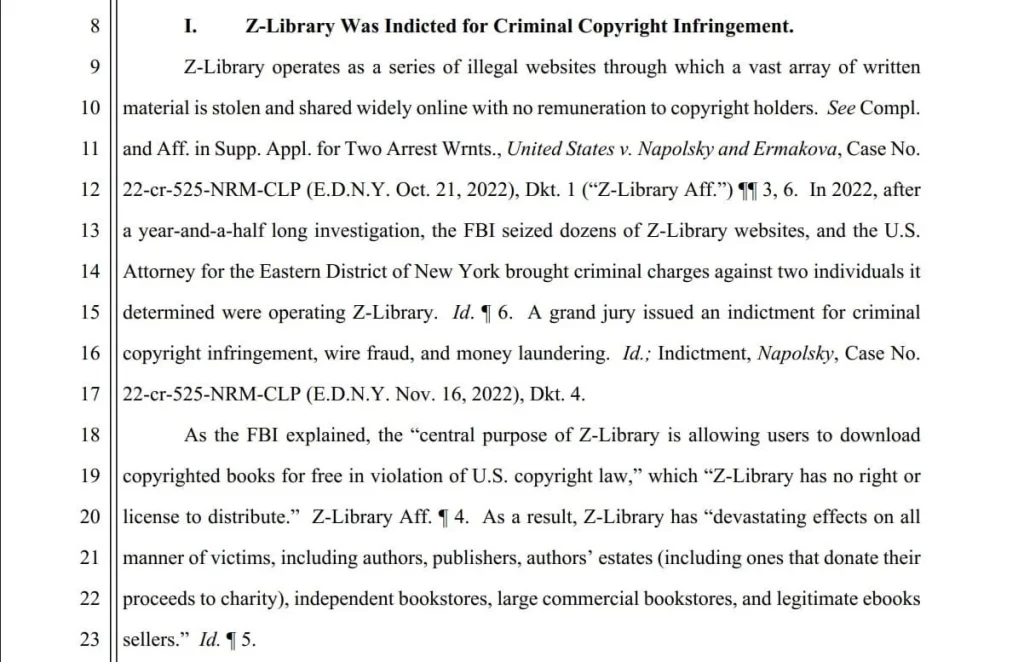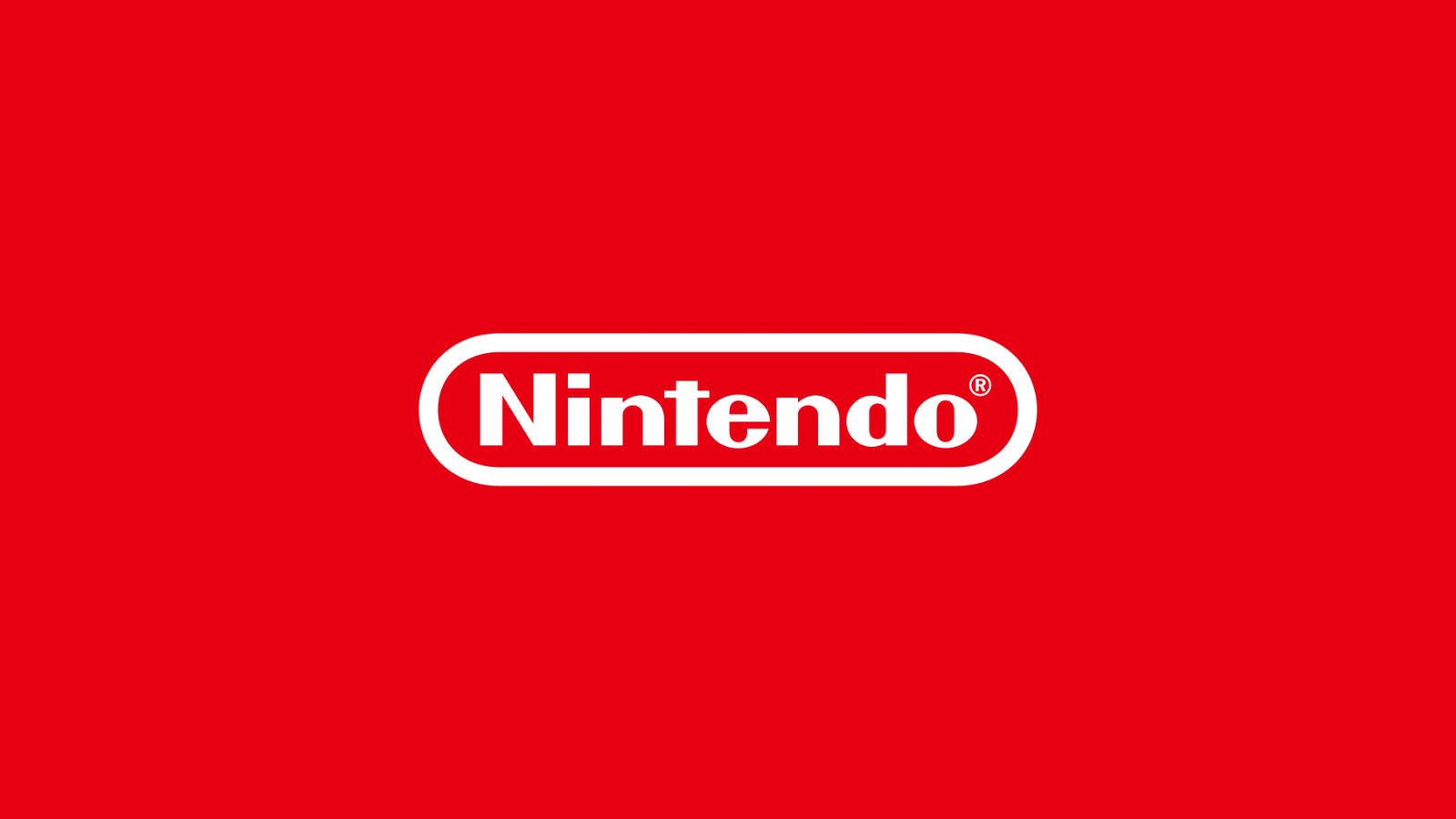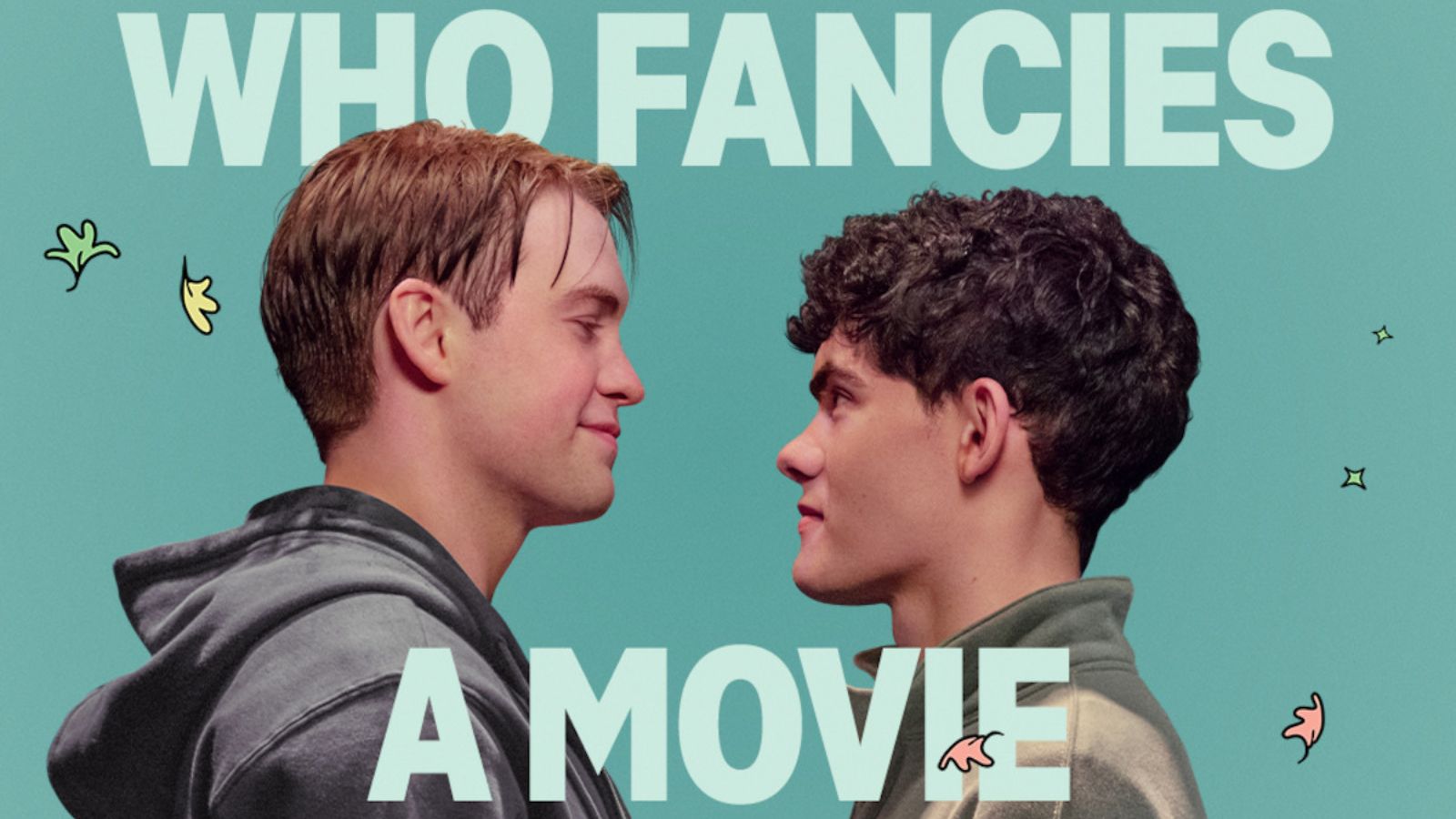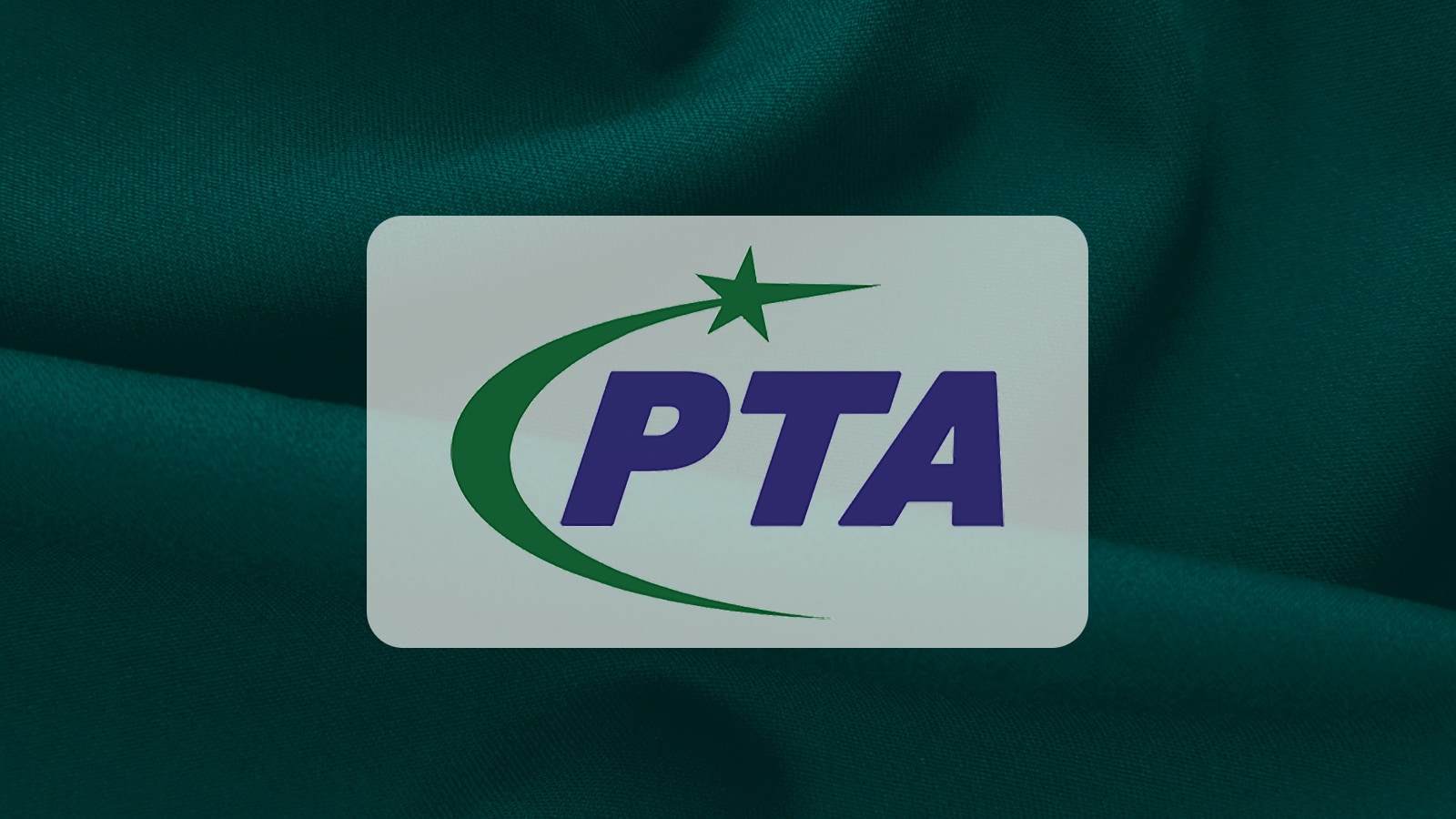
Meta’s Fair Use Defense Is Challenged in Lawsuit Over ‘Pirated’ Content Usage in AI Training
- As Meta’s lawsuit over torrent content use in AI training continues, a new amicus brief opposes the company’s defense.
- Law professors believe the fair use argument involves greater legal privileges than ever granted to human authors.
- The brief suggests that Meta’s use of pirated materials overshadows its defense of fair use, especially considering the commercial nature of its AI models.
Meta, the parent company of Facebook and Instagram, finds itself at the center of a legal dispute, which raises significant questions about copyright law and the boundaries of fair use, as law professors argue that Llama’s training is rather commercial than transformative.
The class action filed against Meta is backed by renowned authors, including Richard Kadrey, Sarah Silverman, and Christopher Golden, but Mark Zuckerberg’s company leveraged the fair use defense for training its AI with torrented content.
A new amicus brief from law professors criticizes Meta’s commercial intentions, emphasizing that training AI models for profit-making purposes exacerbates the misuse of copyrighted material.
The allegations say that Meta accessed copyrighted materials, including books from unauthorized shadow libraries such as Z-Library and Anna’s Archive, to train its Llama AI models.
Meta is accused not only of downloading pirated books via platforms like BitTorrent but also of uploading these materials to third parties during the training process.
Meta’s primary legal defense hinges on the fair use doctrine, arguing that the use of copyrighted works to train a generative AI system constitutes a transformative and acceptable use under copyright law.
Interestingly, law professors are divided on the issue. One group of professors has backed Meta, suggesting that training AI using pirated content may qualify as fair use, provided it creates a new and transformative application that differs from the original purpose of the material.
Conversely, another coalition of legal academics has strongly opposed this viewpoint, arguing that Meta’s actions cannot be deemed fair use. Their brief asserts that the use of copyrighted material to train AI models does not transform the original works but instead competes with those works in the same markets.
Adding to the growing criticism, The International Association of Scientific, Technical, and Medical Publishers (STM) also filed an amicus brief last week.
STM’s submission highlights what they term Meta’s “brazen widespread piracy” and argues that whether the material was sourced from illegal websites like Z-Library and Sci-Hub should weigh heavily in the court’s deliberation of fair use.











